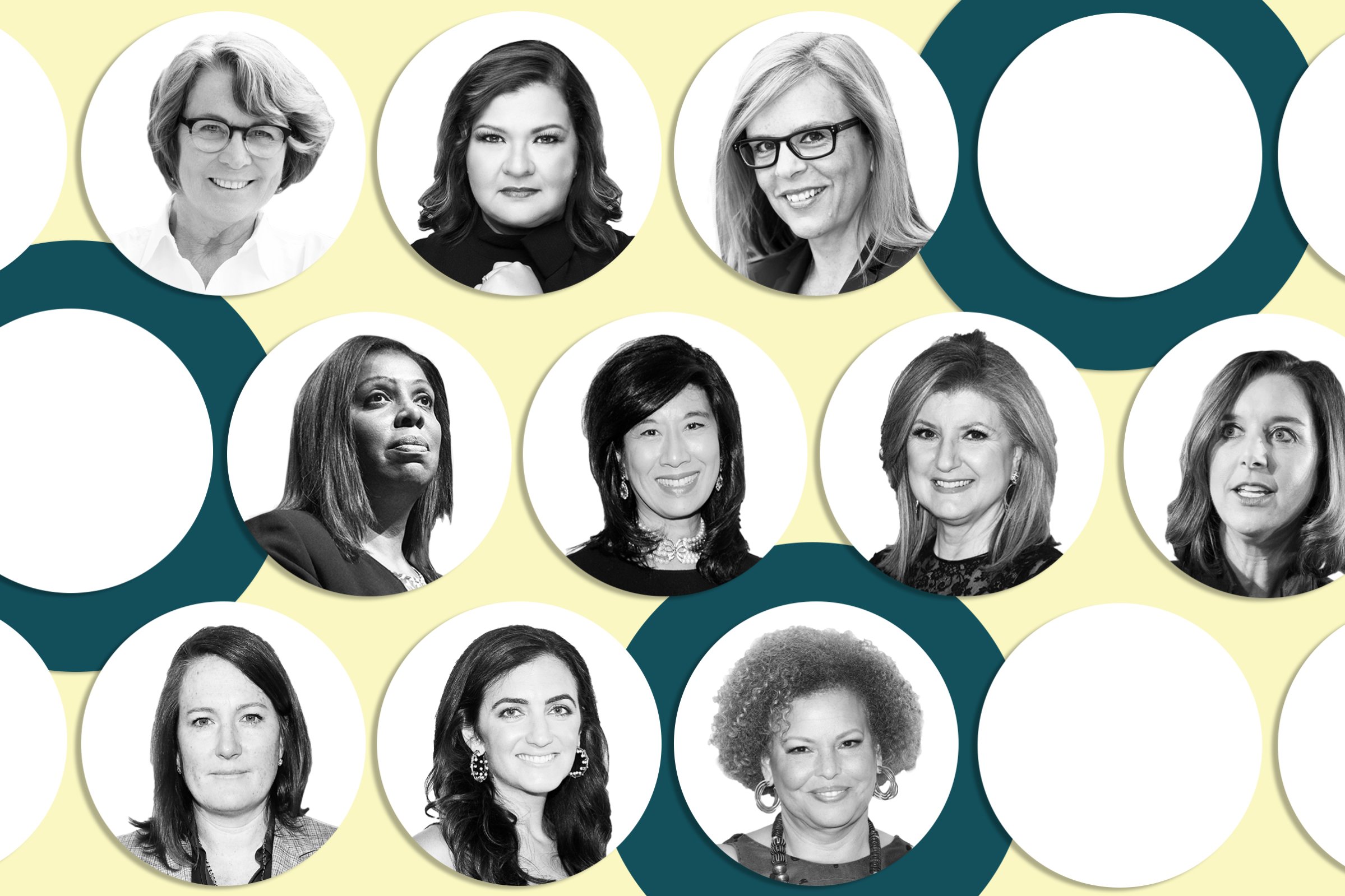
The last year has proven to be a transformational one for women in the workplace.
Starting last October, women (and men) in industries around the country began coming forward with stories of sexual harassment and and assault in the workplace following a slew of allegations against film producer Harvey Weinstein — driving greater awareness to the #MeToo movement and creating initiatives like Time’s Up. Now, companies are scrambling to clear house of employees who have used their power to sexually harass or assault their colleagues — and, in some cases, have replaced the ousted men with women.
But dismissing bad eggs doesn’t fix the culture that enabled them. On Equal Pay Day 2018, which falls on April 10, women still earned $0.80 on the dollar compared to their male counterparts — and that pay gap is more pronounced for women of color. Executives and workplace leaders cite power as the key dynamic that can lead to the sexual harassment and targeting of employees — and money, as some say, is power.
Though the average amount a woman makes compared to her male colleague hasn’t shift much in recent years, change is afoot. Cities across the country have passed laws banning companies from asking prospective employees their salary histories — a move equal pay advocates say will help end the perpetuation of the gender wage gap and create a more even playing field. Advocates have also encouraged companies to provide greater transparency with their payrolls, giving women the chance to better leverage themselves in salary negotiations and hold companies accountable. And having more diverse and female leaderships on boards and in C-suite positions could help advance these culture and policy shifts.
Still, estimates from the Institute for Women’s Policy Research show the pay gap won’t be closed for women until at least 2059 — and not until 2233 for Hispanic women and 2124 for black women. In recent months, companies like Starbucks and Adobe have announced they’ve reached pay parity. But there’s still a long road ahead for universal equal pay.
Ahead of Equal Pay Day, TIME spoke with 10 powerful female leaders and executives about their thoughts on equal pay and what is next for an issue that can’t quite seem to go away. Here’s what they said.
Kimberly Churches
President and CEO of the American Association for University Women
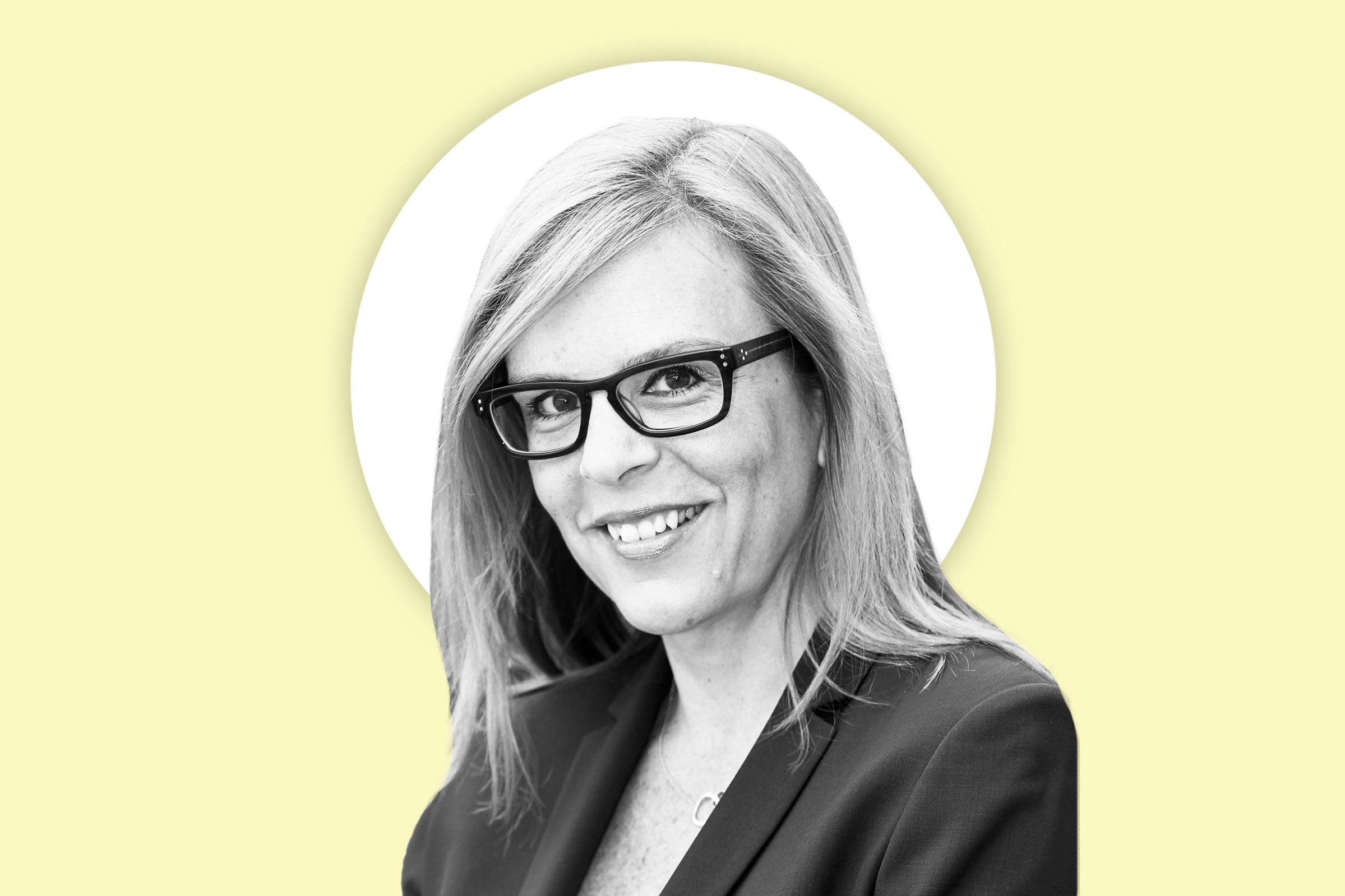
On how equal pay relates to other workplace challenges women face: I really look at this as a Venn diagram: sexual harassment in the workplace, eliminating the pay gap and ensuring the leadership gap is filled. It really is about equity in pay, equity in leadership and ensuring we’re having environments in every workplace that are good for men and women. We really look at that as a triple threat for women, and it gets to issues of productivity. If women are faced with sexism and harassing behavior in the workplace, that’s taking away time they could be using towards the organization’s ROI (return on investment).
On how #MeToo will change how workplaces view cultural issues: This is not a PR problem that [companies] should just be addressing with NDAs and pay-offs quietly. This is a cultural problem that when the next generations come up, they’re going to lose certain employee pipelines if they don’t work on that culture problem. Employers are thinking about moving beyond their values written on the wall and actually ensuring that they are living their values and being much more proactive about doing increased education and training rather than doing reactive.
On equipping women to negotiate higher salaries with the AAUW’s WorkSmart program: It’s about making sure they really understand both what the marketplace will bear based on their experience, what their value add is to the organization, and setting clear where they are in the scheme of this so they can, really proactively based on that research, couple that with the qualitative skills of understanding how to negotiate. That’s what we’re working on with the WorkSmart program. It really is arming women around the nation with the tools that they need to really help their families thrive economically.
Letitia James
New York City Public Advocate
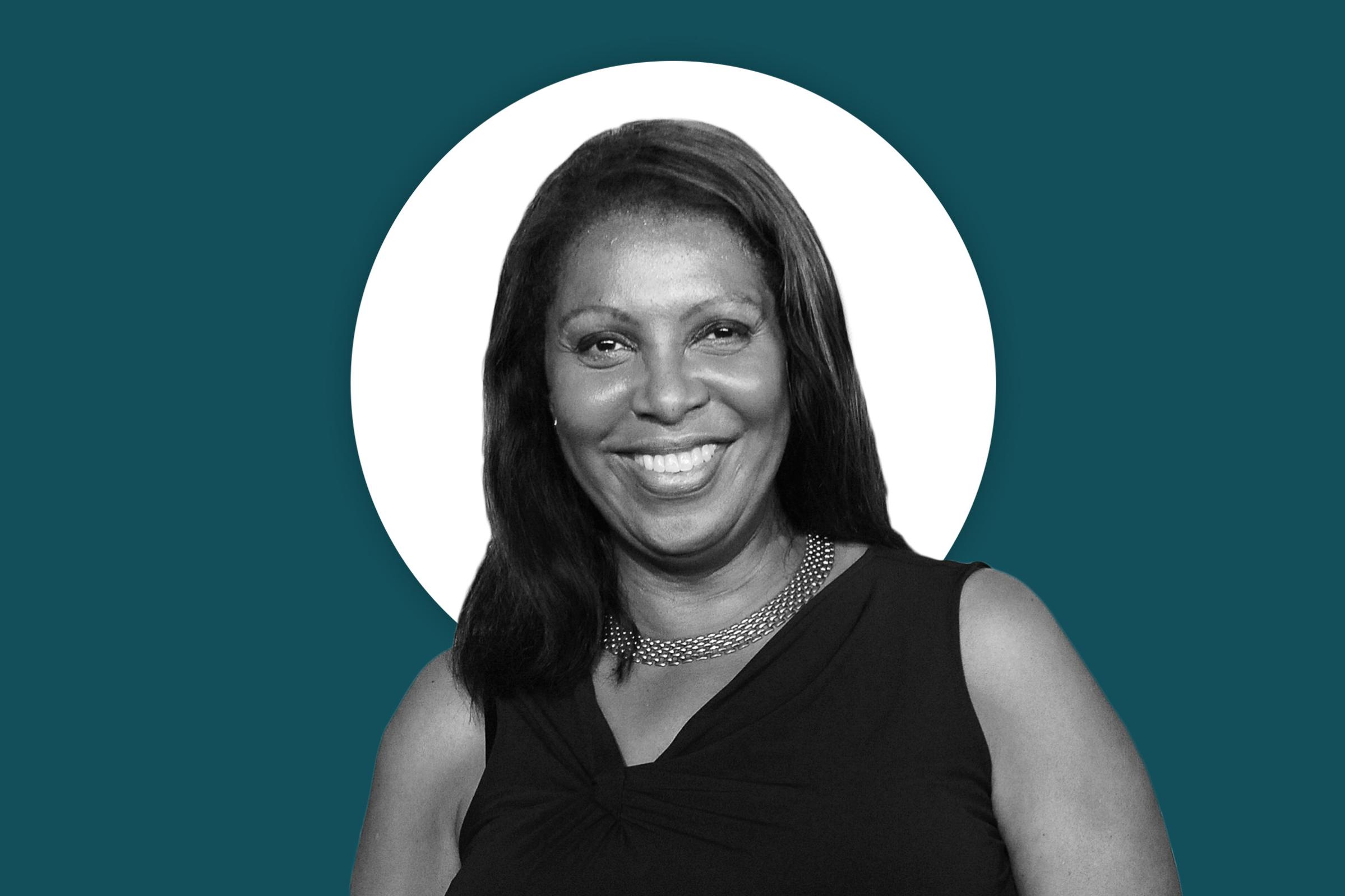
On banning employers from asking questions about salary history in New York City: No one should be judged on their past salaries. They’ll be judged on their skills and what they bring to the table, and no longer will their past salaries follow them or be attached with them all the way until retirement. It’s really important that individual employers be more conspicuous in posting salaries and they hire based on one’s ability, as opposed to one’s previous salary.
On how #MeToo is changing workplaces: The #MeToo movement obviously is advancing policies that create safe workplaces and workplaces that are free of discrimination and free of harassment. A lot of things are coming to the forefront as a result of the activism that we are seeing, both in the gender equality space and in other spaces, including but not limited to gun control. And again, it’s because of what is happening on the national level, the ground is shaking and I think change is happening right before our eyes.
On how Trump’s election win inspired progressives to work harder on women’s issues: He’s awakened the sleeping giant, and to a certain extent, that is a good thing. We took a lot of things for granted, and now, with so many things being taken away from us, everything’s on the table, everything’s up for debate, everything’s at risk. We’re seeing more and more change happening and rightfully so, and we’re seeing more and more individuals in Congress retire, and that’s always a good thing. And most of them happen to be male, pale and stale.
Megan Colligan
Former worldwide president of marketing and distribution at Paramount Pictures
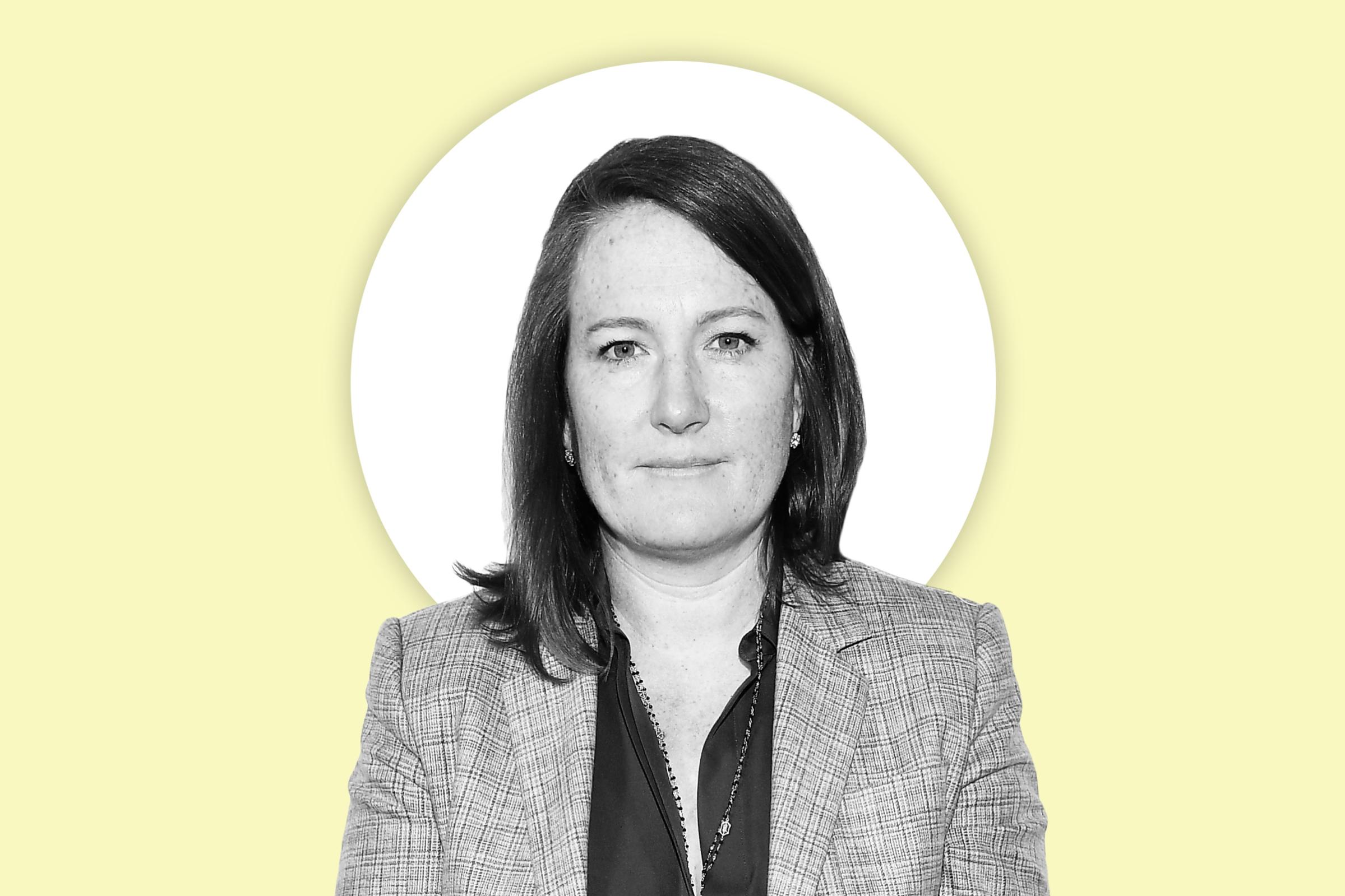
On the importance of Time’s Up and having support networks: A lot is built into the system that is intended to devalue you, and it’s really important to try as much as possible to create a really strong system around women so they feel emboldened to be strong and to get paid for what they’re worth. It’s 2018. It feels, to me, at times ludicrous that this is still a conversation, but it really is a deep, deep issue that goes into nearly every industry and is a real problem. And a far greater problem if you are a woman of color It is something that really deserves addressing.
On why boardrooms must be diverse: If you’re sitting with a monolithic group of people, and those 10 people all represent the exact same thing — they are all 58-year-old, heterosexual white guys with three kids who live on the westside of Los Angeles — by definition, you are going to limit your ability to have a thoughtful, meaningful, dynamic conversation about a piece of material or decision about anything. You’re going to have blinders on, you’re going to miss nuance, you’re going to miss interpretation. It is impossible to have somebody else’s point of you, no matter how empathetic or how open-minded you are. As a business leader in today’s culture, it is imperative if you want to run a great business, that you value diversity of thought and diversity of background as a premium to running a great business. It is no longer acceptable that what you’re doing is casting a boardroom that makes you feel comfortable or people that make you feel like you’re looking in a sea of mirrors. You’re not meant to be reflecting back your own thoughts or ideas or seeing people that look you.
Arianna Huffington
CEO of Thrive Global, Founder of the Huffington Post
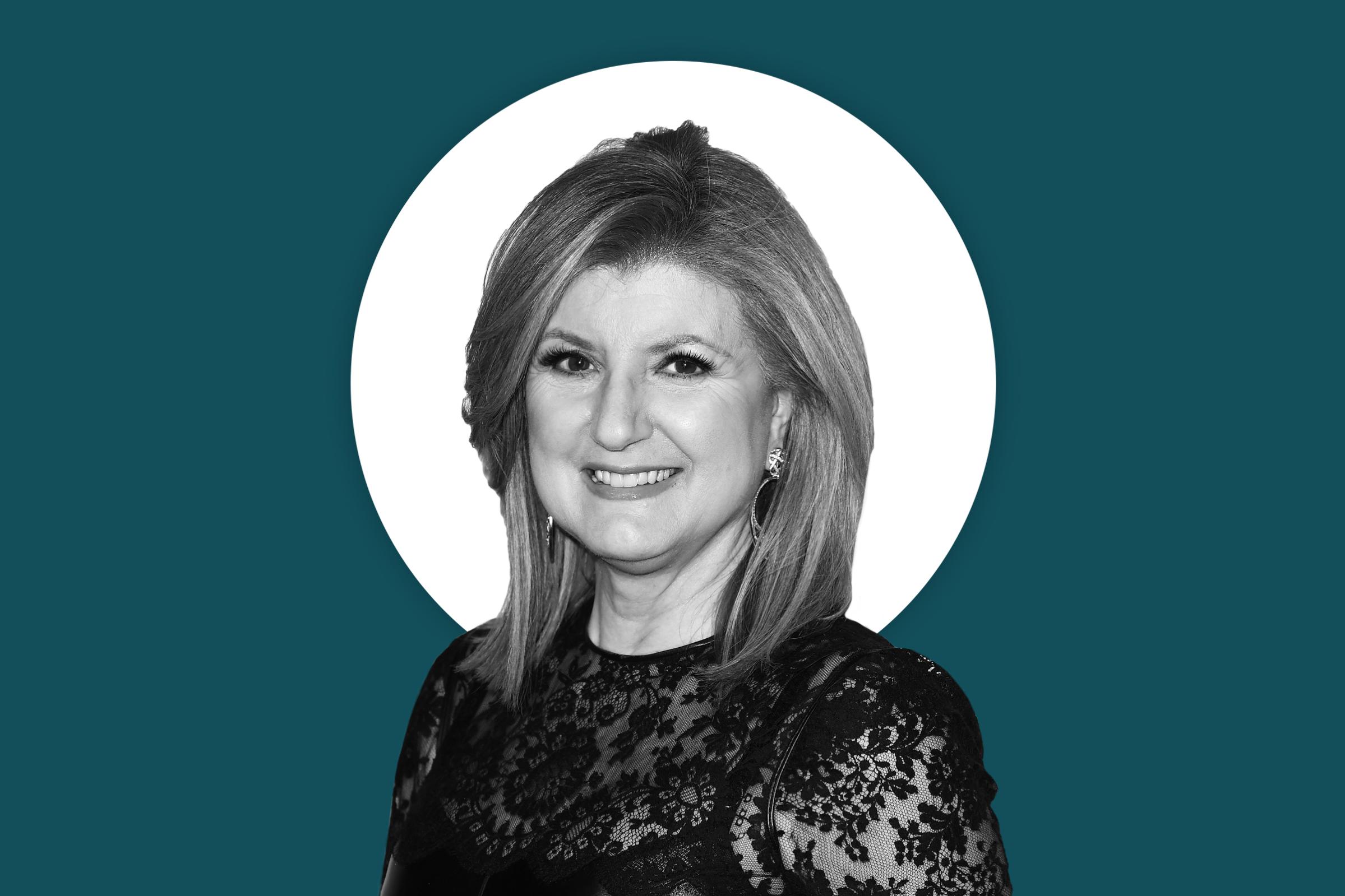
On how the fight for equal pay is changing: What’s changing now is consumer pressure – more and more people, especially young people, expect and even demand that the brands they identify with align with certain core principles. And that increasingly means equal pay and diversity. There’s also the fact that companies with more diversity in their leadership perform better.
On what’s next for Time’s Up: We shouldn’t limit the discussion just to explicit harassment, because it’s our entire workplace culture that needs to change. Far too many workplaces are fueled by a culture of machismo, which affects the day-to-day experience of women at every level. We need to change the conditions that create a fertile breeding ground not just for harassment but for the idea that it’s okay to talk over women, devalue them, ignore their contributions and silence their voices in ways big and small.
On how workplaces can be improved for women: Ending our culture of burnout. Yes, it affects everyone, but women pay the highest price. Given that women are more likely to be doing more work at home than men, workplaces in which being expected to be always on and sleep deprivation are taken as a proxy for commitment and dedication become a backdoor way of excluding women or at least making it harder for them to advance.
Jennifer Hyman
CEO and co-founder of Rent the Runway

On #MeToo and Times Up’s impact on the equal pay fight: This is a moment where employees should band together and advocate for themselves, because corporations and leaders are listening now more than they ever had in history. So if women in an organization were to ban together and demand equal pay, there’s more of a chance that’s going to happen now and there will be attention around the issue than there would’ve been a few years ago.
On how companies without pay equity will get pushed out down the road: I think that businesses that continue to be homogenous will see themselves faltering and will overtime disappear. There’s more choice than ever for young, smart people as to where they can work, and where to spend a career. … This is not a generation that’s going to sit back and be quiet like previous generations have before them. When something is wrong and immoral, they’re going to speak up. Unless business leaders understand the future of their employee base is not willing to accept the unequal environment that has perpetuated in the past, they’re not going to be around in the future.
Andrea Jung
President and CEO of Grameen America; former CEO of Avon
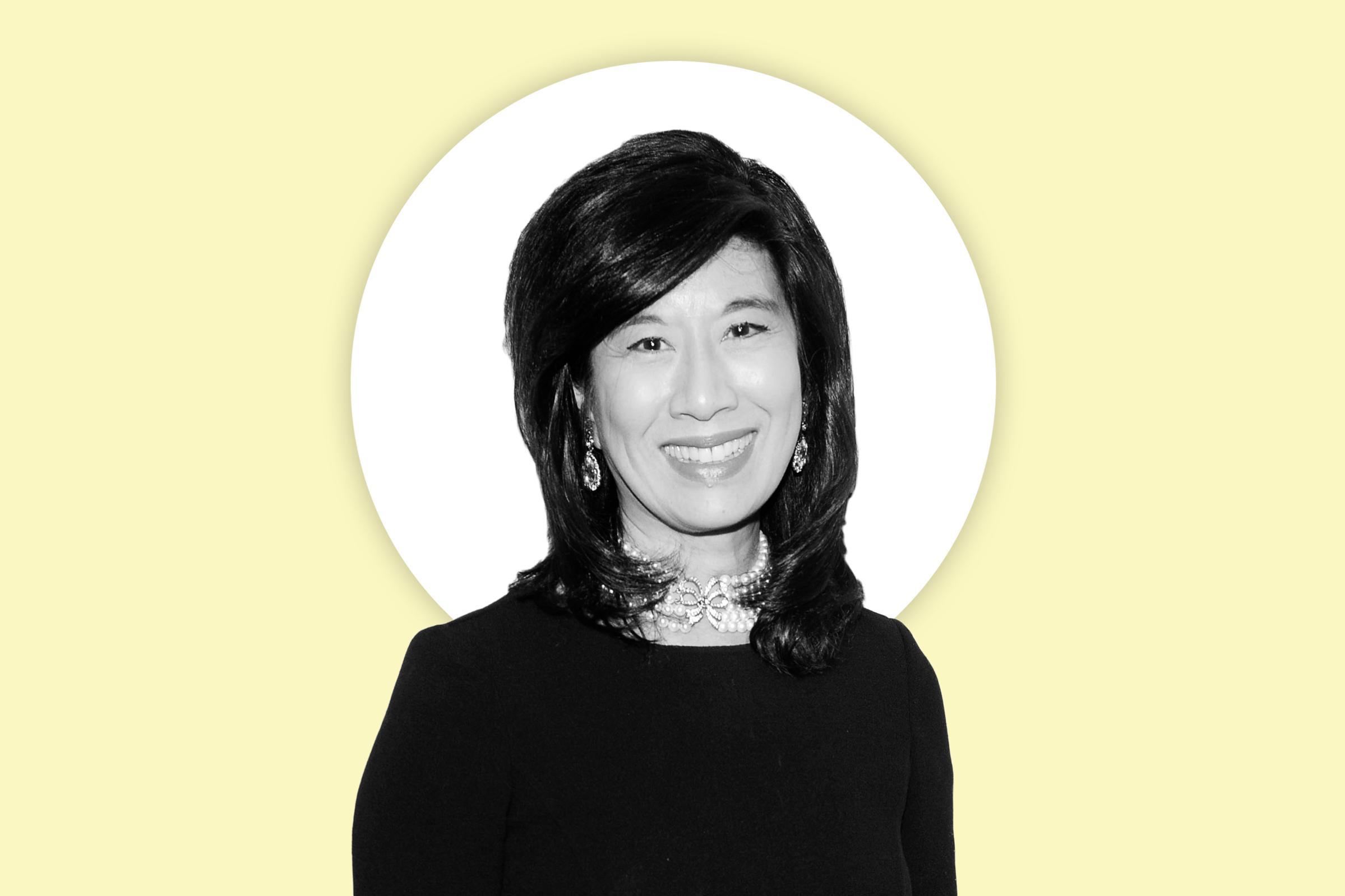
On what it takes to solve the gender wage gap: There are a lot of things that may require policy. This is not one of them. This is simply asking the question. This should not be difficult. There are many things culturally and policy-wise that will take some time. This one could be solved tomorrow. It’s unacceptable, as far as I’m concerned, that, again, men and women, alike, who are leading companies, who are on boards, who are running HR, don’t just absolutely take a look at it and say tomorrow it stops. If we adjusted pay, and it doesn’t have to be all in one day, but if we made a commitment to adjust pay to ensure women are paid the same as men, particularly when we hire and promote, you begin to deal with an issue that should be resolved by the end of 2018. There’s just no way we should be going into the next decade with inequality for the same job.
On how #MeToo and #Time’sUp play a role in equal pay: It’s sort of an existential moment for equality, and I think MeToo and Time’s Up, while the original focus has been on harassment, I think it is about equality. They are integrally linked, and there is no question in my mind that it’s Times Up for $0.80. MeToo also means I should be earning a dollar for a dollar. I don’t think this genie can get put back in its bottle. I think this is a defining moment, which can in fact move the needle finally on long-awaited equality in the workplace.
On how the gender wage gap hurts not just women: Equality in the financial space is critical to mobility and to not only self-confidence, but to participation and the country. There’s no way that the economy in the United States can grow without women participating and equally.
Debra Lee
Chairman and Chief Executive Officer of BET Network
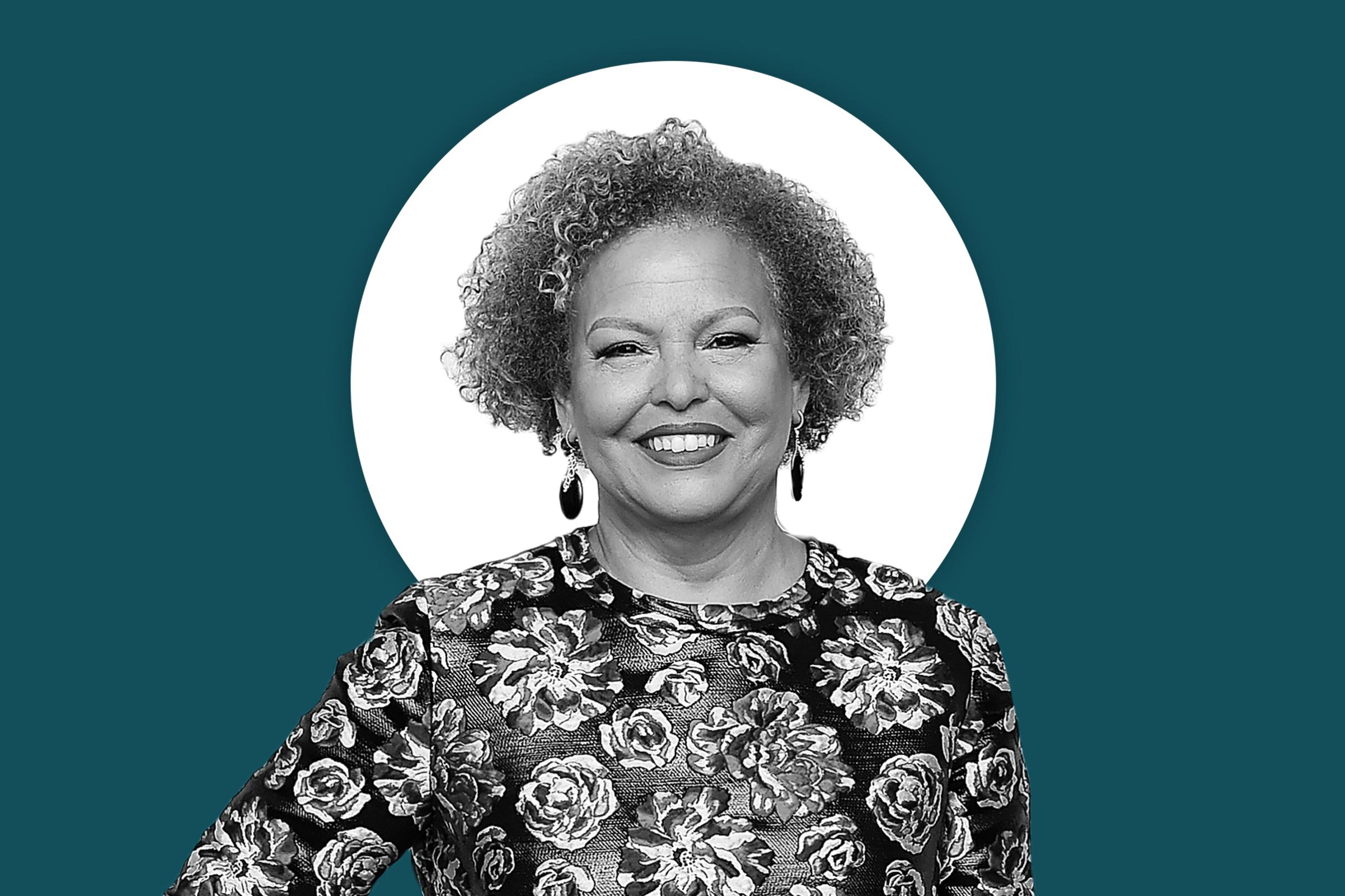
On how barrier-breaking women can help solve the wage gap: I think younger women are expecting more. I look at my 24-year-old daughter, and she grew up in a different time than I did, so she saw the steps I was able to make and the accomplishments that I was able to do. But she also has her own expectation of what women should be in the workplace. I think each generation is a little bit more demanding in terms of work-life balance or how they were treated in the workplace. I look at my mother’s generation and, well, she had to work. My sister’s generation, they made a decision between work and being a mother. My generation, I think was the first that said, ‘Hey, we can do both. We can be mothers, and be married, and have families and have careers.’ I just can’t imagine what this next generation’s going to do because they’re so much more self-confident. I just have really high hopes for them, that they’re going to really set this world on fire. Because of all of these things they’ve seen happening, they’re just not going to let it happen anymore. When you think of the number of women who have been quiet through #MeToo moments, and now all of sudden people have the courage to speak out? Well, hopefully this will be a signal to all of our daughters that you never have to take anything like this again. I’m optimistic that each generation gets a little bit more equal and we’ve got to keep moving the ball down the court, and hopefully there won’t be any setbacks.
On her work for Time’s Up on creating more diverse board rooms: The board is the starting point for having women especially be seen as an important part of a company. It’s a statement to the shareholders, it’s a statement to employees and executives at the company, that the company is committed to women’s advancement.
On the importance of elevating the voices of women of color: We have to include the voices of women of color. I think with the #MeToo movement, it was important to go back and say, ‘Now wait a moment, this black woman came up this term 10 years ago.’
You don’t want young people feeling like if you look a certain way or if you come from a certain place, your issues are going to be taken more seriously. All of these issues are important, and as you said, with women of color making less than white women, that’s an issue we should talk about . We should have the voices of a diverse group of people. Just like all of the other issues, it’s just really important to make sure we hear from different kinds of people.
Patty McCord
Author and former Netflix chief talent officer
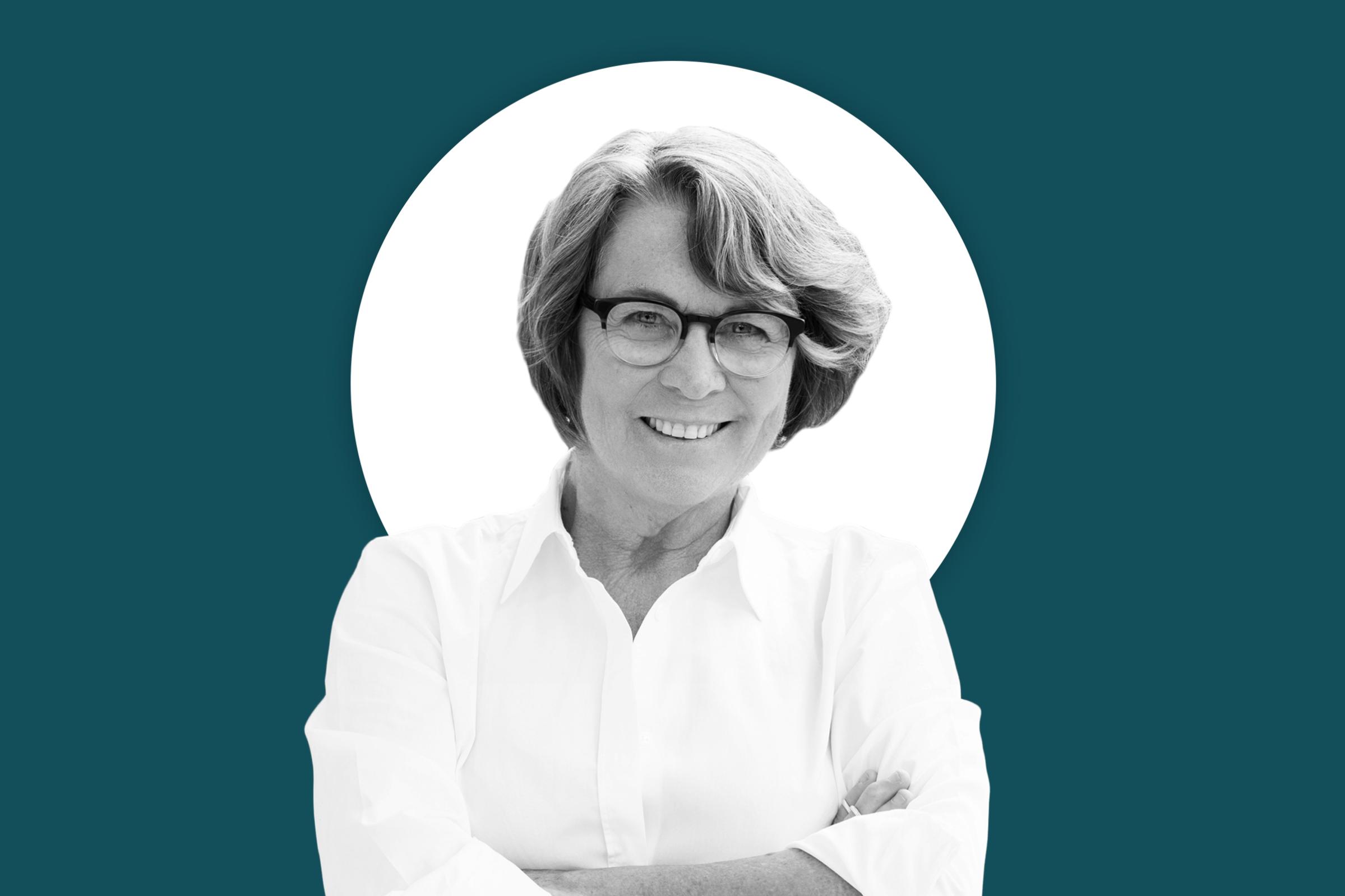
On how female-dominated departments can fix the wage gap: What are the three typically most-female dominated in a company? Sales and marketing, finance and HR. I say: Fix pay? We own it. We’re in charge of our destiny. Find your power, and do something about this. It’s called writing checks. I think pay is so fundamental, and, you know, everything else gets very nuanced.
On how #MeToo and #TimesUp have empowered women to demand equal pay: I tell people, look, I’m about to get all shrill on you. I’m going to be aggressive. I’m going to be assertive. I’m going to be bossy. I’m going to be a nasty woman. I’m going to persist. Because I’ve had it. I don’t mean that we shouldn’t pay attention to the soft stuff, I don’t. But we gotta fix pay. Right? You’re going to feel a hell of a lot more powerful, and a hell of a lot stronger, and a hell of a lot more able to stand up for yourself when you’re paid fairly. Right? And then the search for equality is about that: equality.
On knowing your worth: Understanding your worth — what your worth — is a really important financial decision that all of us should be thinking about and not just being passively waiting for it. It’s more about getting information and data to help inform you about what you’re worth, because you’re worth what somebody else will pay you to do what it is you know how to do. It’s a market. It really is a market system in most places, but it’s not if you’re inside of a corporation with a fixed compensation scheme that traps you inside of it. For example, if you go out and interview — which is one of the ways I recommend you find out what you’re worth, and a good exercise to do anyway — it keeps you limber. It’s a skill you should keep up.
Claudia Mirza
CEO and co-founder of Akorbi, a global language translation company

On the importance of having diverse boardrooms: You need to be really thoughtful about diversity in the boardroom. Boardrooms do not necessarily have a lot of diversity in them, so I would say in order to promote equal pay and equal opportunity to women at work, it goes more than that. The diversity of the boardroom is extremely critical, but also diversity in the executive level. I remember that I was the only woman at work in the executive team, and really the executive team was not that exciting. We were working and everything, but the moment we added a woman to the room, we realized it really changed.
On how #MeToo and #TimesUp show a company’s strength is in its principles: It goes back to the foundation of a business. Going back to diverse boardrooms, where women are involved and women and male are equally — and also, community, and diversity, people with disabilities — we have the opportunity to hear their equal perspective. But also creating the right avenues for people to report them. [...] You have to create different avenues and workflows for people to be able to report irregular activities.
On the power of teaching negotiation strategies early on: Negotiation has a technique, and we cannot be victims of negotiation tactics in order to evaluate the value of ourselves. It is important for us as women to understand how to value ourselves and bring those negotiation tactics, and that’s by building that. We need to teach our girls to be bold, to not to think they are less than a man and empower them from childhood to believe that everything is possible.
Donna Morris
Executive Vice President of Customer and Employee Experience at Adobe
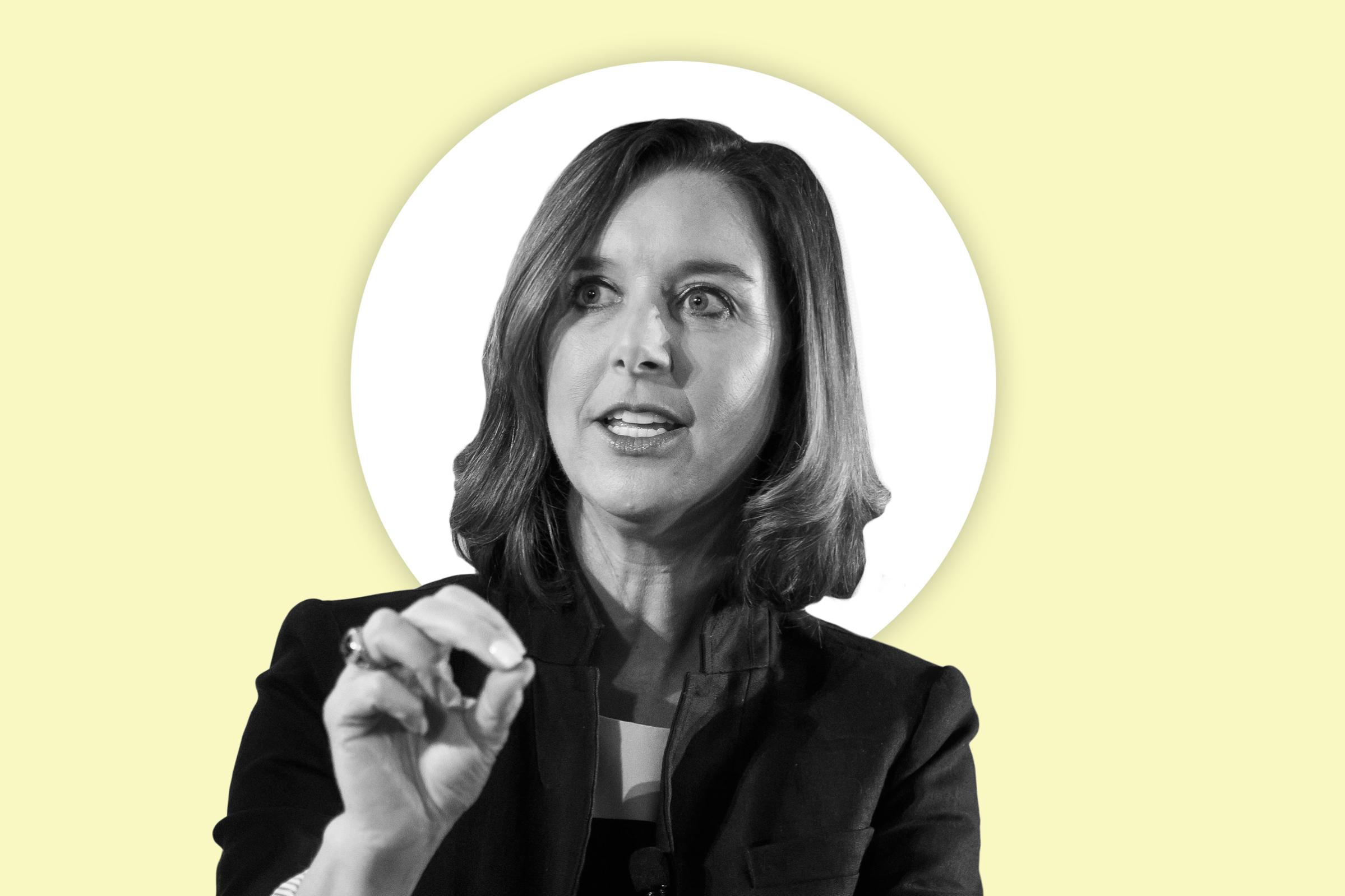
On what companies should value — and how female leadership can help: If you fundamentally believe that people are the most important asset to your company, why wouldn’t you seek to establish practices and programs, and have a principal that you should compensate fairly based on their contribution? It just seems crazy that one group would be disadvantaged relative to another group. I think the role that women in leadership can play is that they can bring in different perspectives, which is important, just like men can bring in different perspectives to a group that might be made up of all women.
Time’s up for the companies that haven’t addressed pay gaps. It’s really up. I cannot understand why companies can be satisfied with operating with pay gaps between gender or between ethnic groups here in the U.S. It’s unacceptable.
On the importance of speaking up: I think what the MeToo and the Time’s Up movements have done — which I view as a very good thing — it has really given individuals confidence to speak up. I think that confidence comes as much from men as it does from women. There’s a tendency to believe MeToo or Time’s Up is all about women. I actually think it’s a lot about empowering men as well. Empowering men to speak up, and I think that’s equally powerful.
On standardized pay for new hires: I’m actually an advocate for having standardized pay. That’s less about people at certain schools earn more than those from other schools. Why should it matter? You got a degree, you got a certain amount of experience, shouldn’t now it be an equal playing field? I think there are lots of merits to having more standardizations earlier on in your career.
More Must-Reads From TIME
- The 100 Most Influential People of 2024
- Coco Gauff Is Playing for Herself Now
- Scenes From Pro-Palestinian Encampments Across U.S. Universities
- 6 Compliments That Land Every Time
- If You're Dating Right Now , You're Brave: Column
- The AI That Could Heal a Divided Internet
- Fallout Is a Brilliant Model for the Future of Video Game Adaptations
- Want Weekly Recs on What to Watch, Read, and More? Sign Up for Worth Your Time
Contact us at letters@time.com